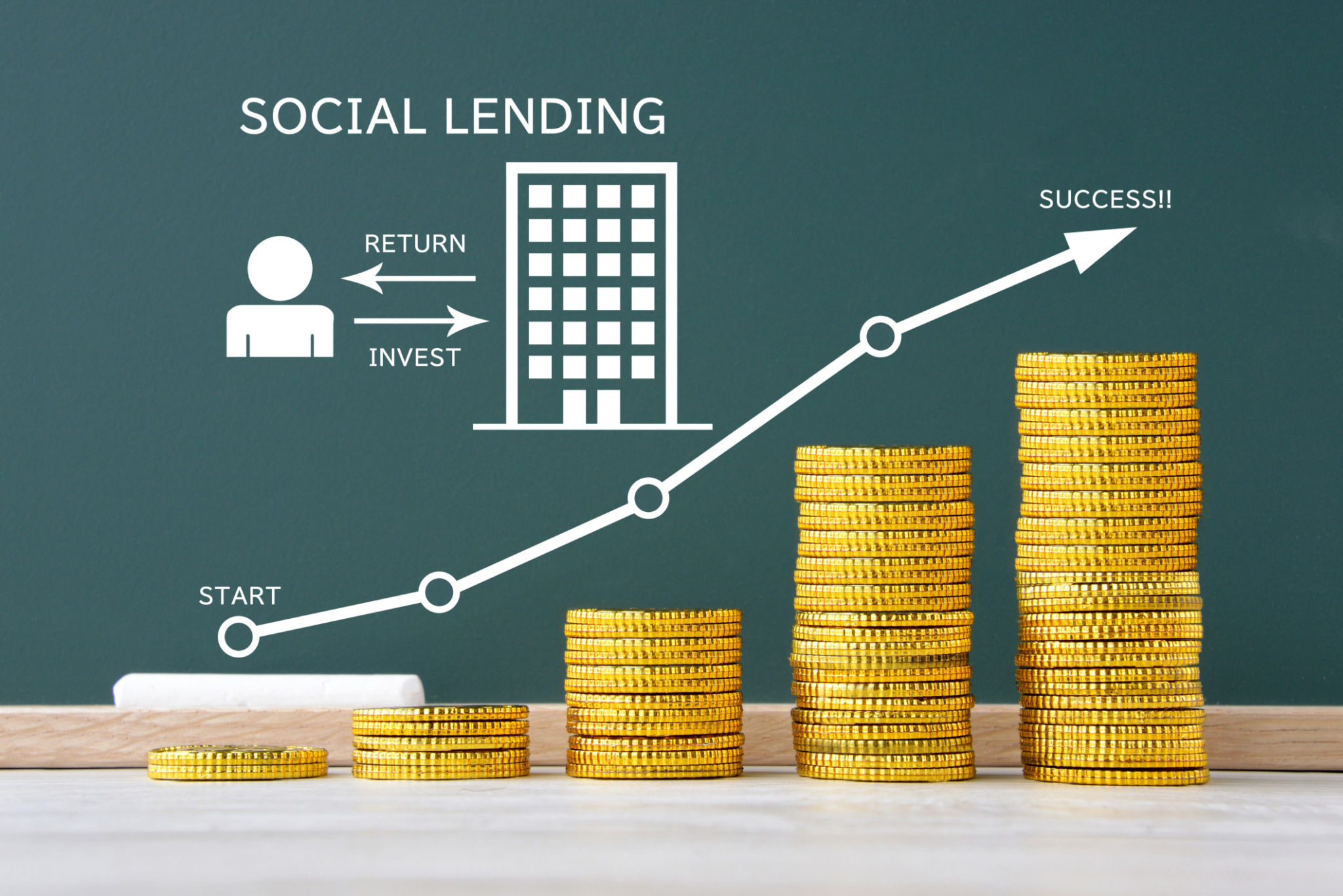Trends in Real Estate Investment: What Investors Need to Know
MH
The Rise of Proptech
The real estate sector is witnessing a significant transformation with the advent of property technology, or "proptech." This trend is reshaping how investors approach the market by leveraging digital tools and platforms that streamline transactions, enhance property management, and improve data analytics. Proptech solutions are making it easier for investors to access and analyze real estate data, leading to more informed investment decisions.
Investors should be aware of key proptech innovations such as blockchain for secure transactions, virtual reality for property tours, and artificial intelligence for predictive analytics. These technologies are not just enhancing efficiency but also opening up new opportunities in the real estate investment landscape.

Sustainable Real Estate Investments
Another important trend in real estate investment is the growing emphasis on sustainability. Environmental concerns are driving both developers and investors to prioritize eco-friendly properties. Green buildings, which are designed to reduce energy consumption and minimize environmental impact, are becoming increasingly attractive to investors.
Investors are being drawn to sustainable real estate investments not only for their environmental benefits but also for their potential to yield higher returns. Properties that meet sustainability standards often enjoy lower operating costs and higher occupancy rates, making them a smart choice for forward-thinking investors.

Urbanization and Smart Cities
As urbanization continues to accelerate, there is a rising demand for smart city infrastructures. Real estate investors are keenly observing this trend, as it involves integrating technology into urban planning and development to create more efficient and livable cities. Smart cities incorporate IoT devices to optimize resources, improve public services, and enhance the quality of life for residents.
For investors, this trend presents opportunities to invest in infrastructure projects that support smart city initiatives. From intelligent transportation systems to energy-efficient housing, the potential for growth in this sector is substantial.

Remote Work and Its Impact on Real Estate
The shift towards remote work has had a profound impact on real estate investment strategies. With more employees working from home, there's been a noticeable change in demand from urban office spaces to suburban residential properties. Investors need to adapt to this shift by reevaluating property portfolios and considering investments in regions experiencing population growth due to this trend.
This change also highlights the importance of flexibility in property design. Properties that can easily adapt to changing needs—such as those offering home office spaces—are likely to be more appealing to prospective buyers or renters in the current market.
Diversification Through Real Estate Crowdfunding
Real estate crowdfunding is gaining traction as a viable way for investors to diversify their portfolios without requiring substantial capital. This approach allows investors to pool resources together to invest in larger projects, thus sharing both risks and rewards.
Platforms offering real estate crowdfunding provide access to a variety of property types across different locations, enabling investors to spread their investments and reduce exposure to any single market fluctuation. This democratization of real estate investment is an emerging trend that savvy investors should consider exploring.

The Role of Big Data in Investment Decisions
Big data is revolutionizing the way real estate investors make decisions. By analyzing vast amounts of data, investors can gain insights into market trends, property values, and consumer behavior. This data-driven approach allows for more precise forecasting and risk assessment.
Investors who leverage big data analytics can identify lucrative opportunities ahead of their competitors. From assessing potential rental yields to predicting market downturns, big data is an invaluable tool in the modern investor's toolkit.